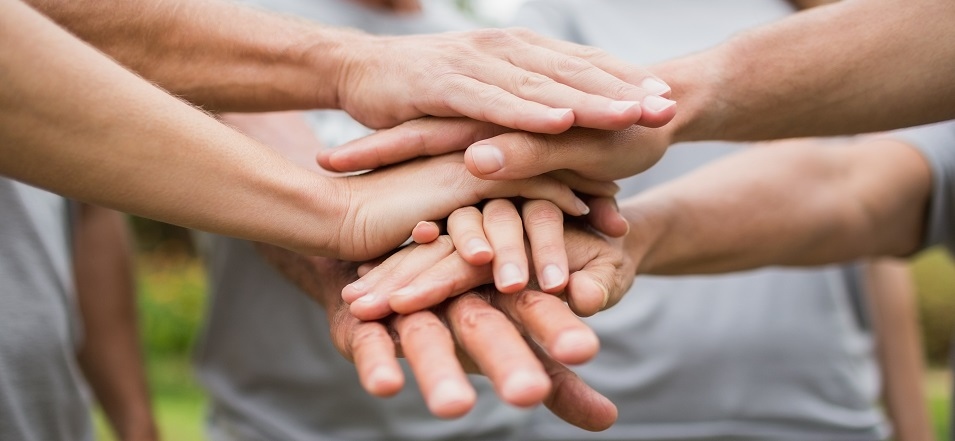
When we think of how our species evolved on this planet, Darwin’s famous maxim—“survival of the fittest”—comes to mind. One of the hallmarks of evolution is this idea, that the strong survive while the weak perish.
This concept is played out in front of our eyes every time we watch the Nature Channel and see a lion bring down a sick or elderly gazelle. It can also be used to explain, in television and movies as well as in real-world behaviour, all manner of greed and selfishness. “Survival of the fittest” is said to justify many bigotries, cruelties, and other behaviours which benefit one at the expense of others.
And yet we have countless examples of the opposite—of human beings reaching out and helping others even when they gain absolutely nothing in return. Every one of us can think of times when people acted to help us, sometimes even at great expense to themselves.
This would seem to refute Darwin’s proposition. After all, it doesn’t benefit the strong in any way to help those who are perceived as weak. So was Darwin wrong?
In reality, it is in evolution—and more specifically, the fields of evolutionary psychology and anthropology—where we find real explanations for our good behaviour.
Altruism is typically defined as any behaviour we engage in which is a benefit to others, and especially behaviour that doesn’t provide an immediate benefit to ourselves. Donating blood, volunteering, delivering first aid to a stranger… none of these actions give us much in return, if anything, yet millions of people take altruistic actions every day.
In fact, we don’t just see these actions in human beings.
Animals have been observed to behave altruistically both in nature and in research settings, For instance, rats will free an unfamiliar rat if that rat is trapped, and will share its food supply as well. Bats will share food with other bats if they were unsuccessful at hunting. Wolves bring meat to injured members of the pack. And monkeys will warn others of the presence of a predator, even if it draws attention to themselves, even if in the process they risk their own death.
These actions, in humans and animals, occur in countless settings and circumstances. They occur with family and friends, people we are motivated to care for, it’s true. But they also occur with strangers.
What’s going on inside our heads when we drop everything to come to the aid of a perfect stranger?
Evolutionary psychology and anthropology tell us that “survival of the fittest” doesn’t just apply to individuals. It applies to groups. We are social beings and are wired for connection. Since humanity began its evolutionary journey, we’ve been on this journey together and have survived together by behaving altruistically. When I help you—share my food, tend your injuries, and care for your children—it benefits the group.
Actions that benefit the group ensure the group’s survival. If everyone in the group behaves selfishly—hoarding food, abandoning the sick and weak, and only looking out for themselves or the ones in their immediate family—that group will die out.
In fact, they probably did die out, time and time again throughout human history.
Those of us who behaved altruistically survived to pass on our genetic material to the next generation, further reinforcing that behaviour among subsequent generations.
So Darwin can rest easy. His theory, and the altruistic gene, live on.
Throughout the era of COVID, the grave importance of maintaining our altruism has been on our minds. We’ve frequently been called upon to take actions to benefit others that may not seem to provide an immediate benefit to ourselves. Wearing masks, social distancing, and getting a vaccine don’t appear to provide visible, tangible rewards. Most people who have gotten COVID-19 have survived, after all.
Yet more than seventy-five percent of Manitobans have chosen an altruistic path, getting fully vaccinated in order to protect not just themselves but to help the most vulnerable in society. While some may find it discouraging to hear, see, and read about negativity and selfishness in the world, perhaps that fact—that (so far) more than three-quarters of people in our little province have chosen an altruistic path—can encourage us.
While it’s certainly true that selfish people live among us, and we can all be selfish from time to time, the choice sits with us whether to give in to those selfish impulses. If we do, we may diminish the strength of the group in which we live—a group which at this point in history spans the entire planet.
If we do not, we can enact the altruism that is in our genes and help our species to continue to be fit enough to go on.




















